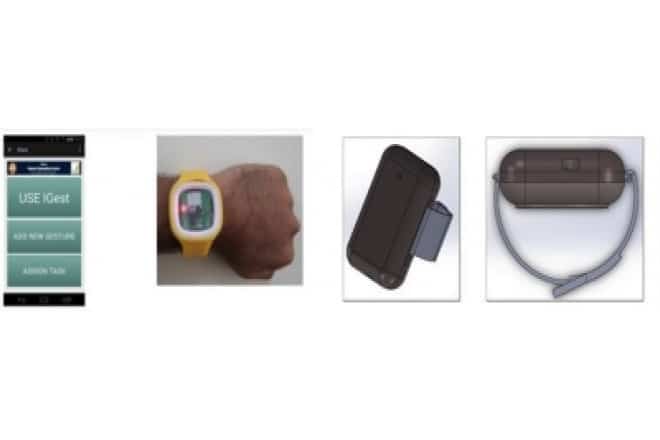Researchers at the Indian Institute of Technology Madras (IIT-M) are upgrading smart wearables with latest technologies to assist people with hearing and motor disabilities.
These wearable sensors will include the latest sensor technologies used in the IoT and Machine Learning (ML).
The devices are developed in collaboration with the Centre for Rehabilitation Engineering and Assistive Technology (CREATE), a multidisciplinary translational research and educational initiative of IIT Madras.
“The cost of the product is kept low and to be less than Rs 5000 so that it is an affordable device for its basic functionality. The advance of technology and the advent and availability of low-cost microcontrollers and sensors allows us to come up with this unique low-cost device,” said Prof Anil Prabhakar, head, CREATE-and faculty, Department of Electrical Engineering, IIT Madras.
The two major projects being developed by CREATE are ‘Vibe’ and iGest’ for the hearing impaired and for persons with motor disabilities, respectively. The wearable devices will have rechargeable batteries and communicate with a mobile phone over Bluetooth.
Vibe is a wearable device that vibrates for acoustic sounds around a person with hearing impairment. Vibe features a multitude of sound patterns that are recognised using a microphone and voice recognition modules.
The device, compact and wearable as a watch, will alert the hearing impaired about a specific sound such as a doorbell, alarm, or a crying child. It is a simple way of providing vibration input for the pre-identified surrounding sounds, with each such sound corresponding to a specific vibration and blinking LEDs to alert the user.
iGest will function as an alternative and augmentative communication device for persons with cerebral palsy. It will recognise the gestures of those with limited motor skills and convert them into audio output through a smartphone. It aims to address issues of speech impairment and motor impairment faced by persons with cerebral palsy.
iGest, which borrows on commercially available fitness sensors, will be designed using an inertial motion unit. For persons with cerebral palsy, movements can be much slower than normal people and also less repetitive. Hence, iGest will be designed around available Edge ML microcontrollers that provide ML capabilities to IoT devices.












